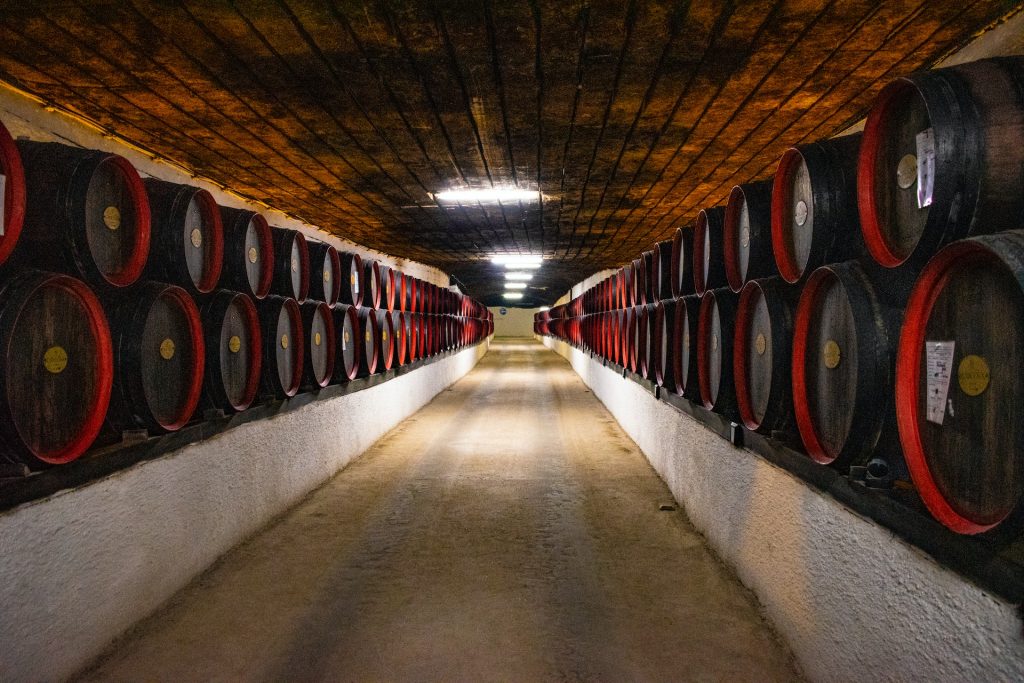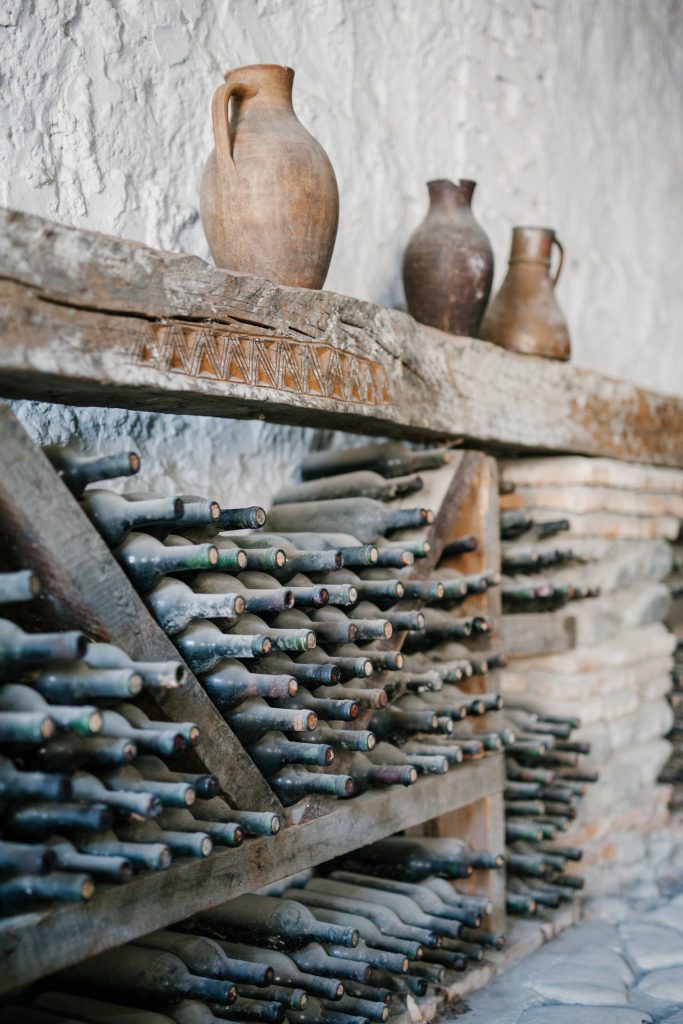
Background
EU is the world-leading producer of wine, accounting for 45% of global vineyard areas (3.2 million hectares) and 64% of production (Eurostat, 2020). Nonetheless, according to EU agricultural outlook (2021-2031), EU wine production is expected to decline by 0.3% per year. In 2021, wine production was 13% lower compared to 2020, a reduction mainly attributed to the adverse weather conditions and resulting vine diseases.
This volatility is the outcome of major climatic hazards that are increasingly frequent and unpredictable; essentially, the development of EU viticulture is inherently linked to climate change, being both affected and at the same time contributing to it (EEA, 2015).
As a response, EU has prioritised the promotion of sustainable agriculture, and has subscribed to relevant international commitments concerning climate change, with precise and smart farming being instrumental to developing sustainable, resource-efficient viticulture. Sustainable viniculture practices reduce production costs through energy & water savings, prevent (soil/air) pollution, and actually contribute to environmental conservation.
EU viticulture stands to benefit further from sustainable practices, as safeguarding and enhancing the crop’s habitat can have a direct impact on the crop’s phenotype. An additional issue, touching upon the social aspect of sustainability, is the diverse, temporary and mobile workforce occupied in vineyards during the harvest season; this seasonal workforce is often more vulnerable to precarious working conditions (EUROPARL, 2021).
Challenges
The shift to sustainable and smart viticulture is not yet supported by the required upskilling of the workforce. The sector of viticulture, as all branches of the wider agriculture sector, generally suffers from low participation in education activities, as well as the lack of staff having undergone the appropriate training (Eurostat “Agricultural Labour Force Statistics”, 2018). Furthermore, existing viticulture training offerings at post-secondary and VET level place little emphasis on green & digital skills, as demonstrated by current curricula in most EU countries (Europass).
Objectives
- Design, pilot-test and roll-out a comprehensive and up-to-date curriculum on green & digital skills for sustainable viticulture.
- Introduce flexible training delivery methods & innovative open access educational resources to support self-paced skills acquisition and inclusiveness in training opportunities.
- Foster the capitalisation of project results in VET practice, through the validation, recognition & integration of relevant occupational requirements into competence frameworks & certification schemes.
- Deliver best practices & recommendations to a) address structural vulnerabilities concerning the professional development & training of vineyard workers, and b) promote digital literacy & environmental awareness in rural communities.

